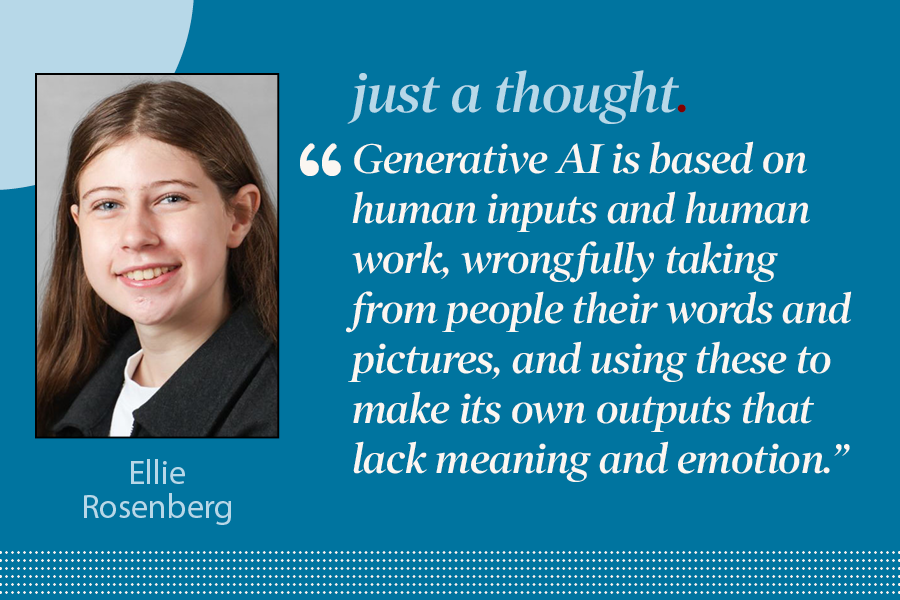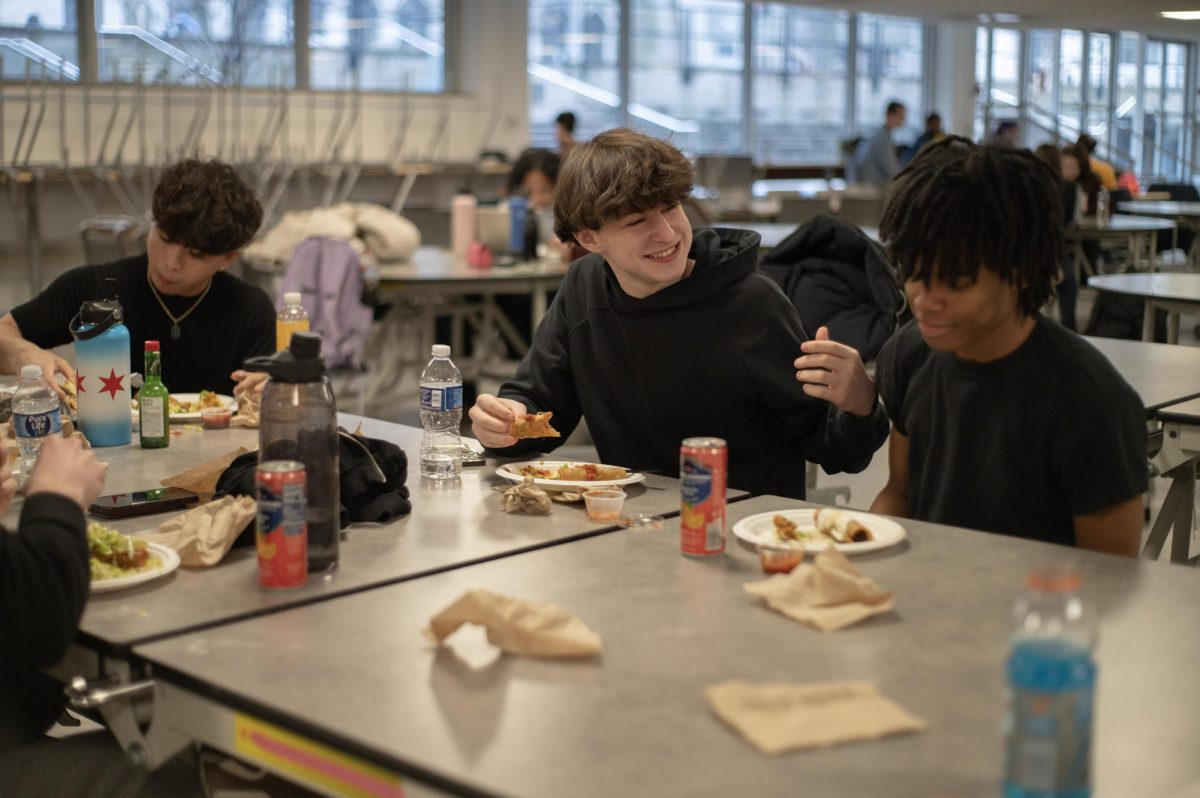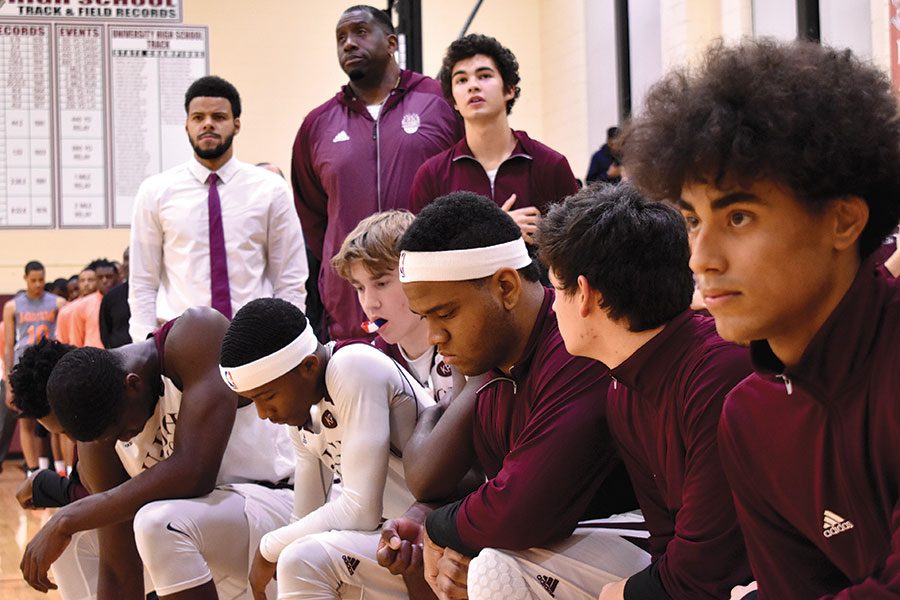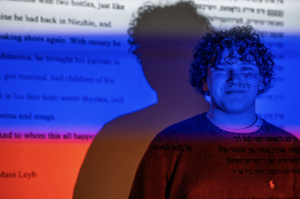Kneel for Awareness
Varsity basketball players join protests against institutional racism
Sophie Hinerfeld
#TAKEAKNEE. Members of the boys varsity basketball team kneel during the national anthem before a home game Dec. 1. Juniors Mohammed Alausa and Johnny Brown led the effort on the team to kneel as a form of protest against police brutality.
December 14, 2017
At the first home game of the season Dec. 1 almost all members of the boys basketball team joined the national movement to protest the oppression of people of color and ongoing issues with police brutality.
Initially, only two members, juniors Johnny Brown and Mohammed Alausa, were set on kneeling during the anthem, but after a pre-game meeting, most players decided to join.
“Obviously we respect the military and we respect what they do for the country,” Mohammed, a co-captain of the team, said in an interview before the Dec. 1 protest. “But overall, the face of reality is that racism is still blatant, stuff that goes on like police brutality is still blatant. Like, it happens, and when it’s brought up people don’t want to talk about it. They want to brush it aside and be like, ‘Oh, you’re disrespecting the country.’ But I can’t respect a country that doesn’t respect everyone that lives in it.”
Mohammed acknowledged that not everyone may have the same views, which is why not all athletes on the team were required to kneel.
Johnny explained that the social issues are a reality in everyday life for African-Americans, and he said kneeling is a way to raise awareness among people at Lab.
“I feel that it’s important here because we don’t have many blacks here,” Johnny said. “So I feel that other people should know what’s happening with us — they should know how we feel. By kneeling, that’s like bringing attention to the cause.”
Mohammed agrees with Johnny, and sees kneeling as a way to “get to the students.”
“Because the students really feel like this doesn’t apply to them,” Mohammed said. “They’re top 1 percent, they go to Lab, they have money. They just come so carefree, like they understand it, but they don’t think about it, think about the people who have to go through that on a daily basis, they don’t actually think about how it feels for you to get pulled over because of your skin color.”
Though Mohammed acknowledged that his and many other Lab families have comfortable incomes, that doesn’t mean that he, along with others, can’t push to help people who aren’t as fortunate.
“A lot of people are well off,” Mohammed said, “but you have to push for the people that aren’t well off. We’re only as strong as our weakest link.”
Though the team hadn’t kneeled in years past, Mohammed believes this year is as good a year as ever to bring light to the social issues in America.
Mohammed explained that given the election of Donald Trump and stories on the news lately, he is trying to do whatever he can to help the movement out.
Like former San Francisco 49ers quarterback Colin Kaepernick, who began the movement in 2016, both Johnny and Mohammed agree that as athletes they need to utilize their position, and the attention basketball receives at school, for a good cause.
“As an athlete I think you have more leverage,” Johnny said. “More people looking at you than a normal person, so when people do it on TV, there are millions of people looking at them, so it’s a bigger platform to be on.”
Mohammed agrees and believes that they must kneel, regardless of the possibility of negativity from others.
But the responses to their protest weren’t negative. After the game, Mohammed explained that people texted him saying that it was a great way to lead, to stand up and they supported it all the way.
“They were surprised,” Mohammed said. “I saw people on Snapchat taking videos, putting up fists. It was mostly supportive. I didn’t see anything negative.”































































